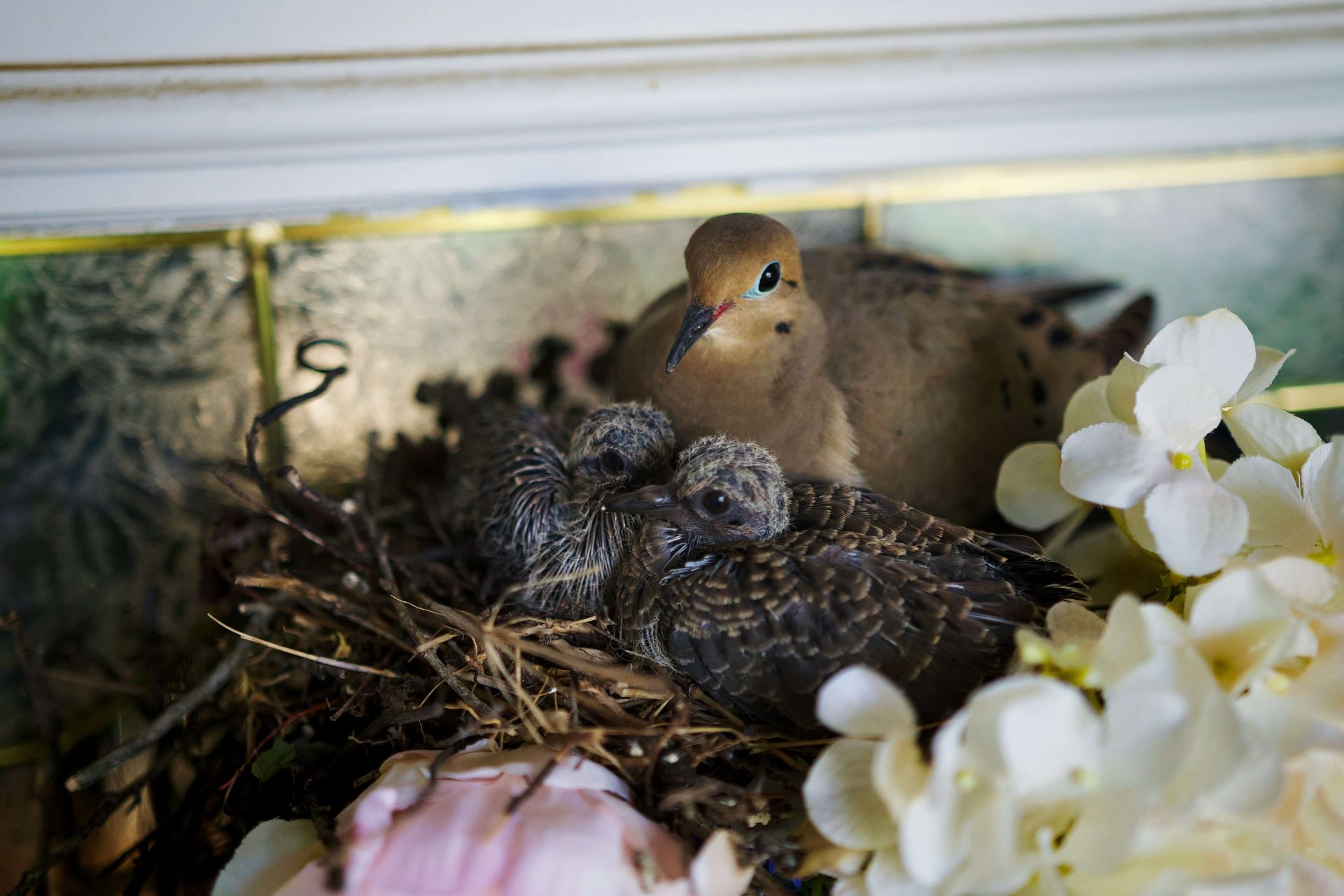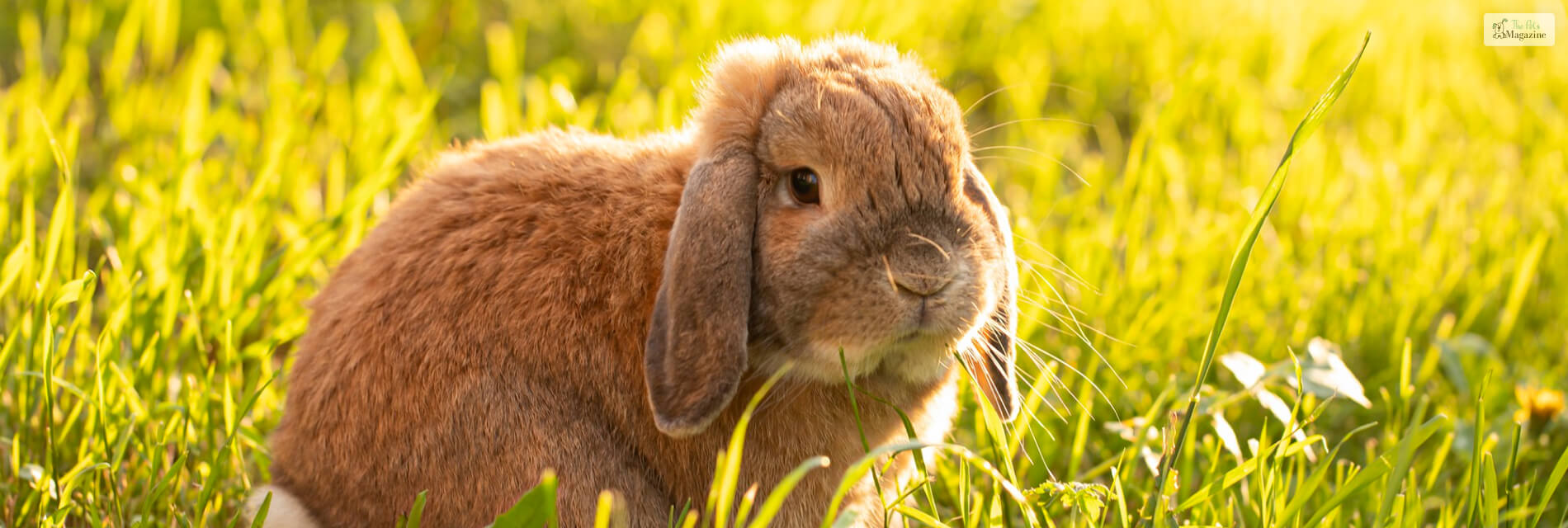Exploring The Pros And Cons of Keeping Small Snakes For Pets


Are you considering getting a pet snake but not sure where to start? Well, look no further! In this guide, we’ll explore the world of small snakes as pets and discuss the pros and cons of owning these slithery companions. Small snakes can be a fascinating addition to your home, but it’s important to understand what you’re getting into before bringing one home. So, let’s dive in and discover everything you need to know about small snakes as pets!
Pros of Owning Small Snakes as Pets
One of the main advantages of owning a small snakes as pets is their size. Unlike larger snake breeds, small snakes are much more manageable and require less space, making them suitable for apartment dwellers or those with limited space. Their compact size also means that they are easier to handle, making them a great choice for beginners or those who may be nervous about handling larger snakes.
Another benefit of small snakes as pets is their low maintenance. Compared to other pets, snakes require minimal care. Small snakes have simple habitat requirements and don’t need to be walked, groomed, or entertained like traditional pets. This makes them an ideal choice for individuals with busy lifestyles or those who prefer a pet that doesn’t demand constant attention.
Small snakes are also known for their longevity. With proper care, many small snake breeds can live for 15 to 20 years or even longer. This means that they can become a long-term companion, bringing joy and fascination to your life for years to come.
Cons of Owning Small Snakes as Pets
While there are many advantages to owning a small snakes as pets, it’s important to consider the downsides as well. One of the main disadvantages is the feeding requirements. Small snakes typically eat rodents, such as mice or rats, which can be a turn-off for some people. Feeding your snake live prey can also be a challenge, as it may be difficult to find a source or you may feel uncomfortable with this aspect of snake ownership.
Another con of owning a small snakes as pets is the specialized habitat they require. Snakes need a secure and appropriate enclosure that mimics their natural environment. This includes providing the right temperature, humidity, and hiding spots. Setting up and maintaining the ideal habitat can be time-consuming and expensive, especially if you’re new to snake ownership.
Lastly, it’s important to note that snakes, even small ones, are not cuddly pets. They don’t crave attention or affection like a dog or a cat would. If you’re looking for a pet that you can cuddle with, a snake may not be the right choice for you. However, if you’re fascinated by their unique characteristics and are willing to appreciate them from a distance, then a small snake could be the perfect pet for you.
Popular Small Snake Breeds for Beginners
Now that you’re familiar with the pros and cons of owning a small snake let’s explore some popular breeds that are well-suited for beginners.
Corn Snake
A corn snake is a species of nonvenomous rat snake that lives in the eastern and central United States. It has orange or brownish-yellow scales with red blotches outlined in black. It is named for the corn-like pattern on its belly or for its habit of hunting rodents near corn fields. Corn snake is a popular pet snake because of its calm temperament and variety of colors. It can grow up to 6 feet long and live up to 20 years in captivity.
Rosy Boa
A Rosy Boa is a small snake that lives in the deserts of California and Mexico. It has three stripes on its back and a pink belly. Boa has a gentle, easygoing temperament, which is why they are kept as a pet. It grows to about 2 to 3 feet long and can live up to 30 years in captivity. It feeds on rodents, birds, and other small animals.
Garter Snake
A garter snake is a type of nonvenomous snake that sports a striped pattern on its body. There are about 35 species of garter snakes, and they live in various habitats across North America and Central America. They are usually small to moderate in size, ranging from 1 to 5 feet (30 to 150 cm) long.
Garter snakes are harmless to humans, but they may release a foul-smelling musk or bite if they feel threatened. They are often kept as pets by snake enthusiasts, who appreciate their docile temperament and colorful appearance.
This snake feed on insects, earthworms, amphibians, and sometimes fish. They are active during the day or at dawn and dusk.
Ball Pythons
A ball python is a small python species that is native to West and Central Africa. It is also known as a royal python because some African rulers used to wear them as jewelry. It is a popular pet snake, because it is calm, docile, and has many beautiful color patterns.
A ball python can grow up to 6 feet long but usually averages around 3 to 4 feet. It has a thick body, a small head, and smooth scales. It can curl up into a ball when it feels threatened or stressed, which is how it got its name.
Preparing Your Home For A Small Snake
Before bringing home small snakes as pets, it’s important to prepare your living space to ensure their safety and well-being. Start by securing the enclosure to prevent any escapes. Snakes are experts at finding small openings, so make sure there are no gaps or loose fittings in the enclosure.
Keep the enclosure away from direct sunlight and drafts, as these can disrupt the temperature gradient and stress your snake. Also, make sure to remove any toxic plants or substances from the area where the enclosure will be placed. Lastly, educate yourself and your household members about proper snake handling and safety protocols. Snakes are generally docile, but accidents can happen. By following proper handling techniques and respecting your snake’s boundaries, you can minimize the risk of injury.








Leave A Comment